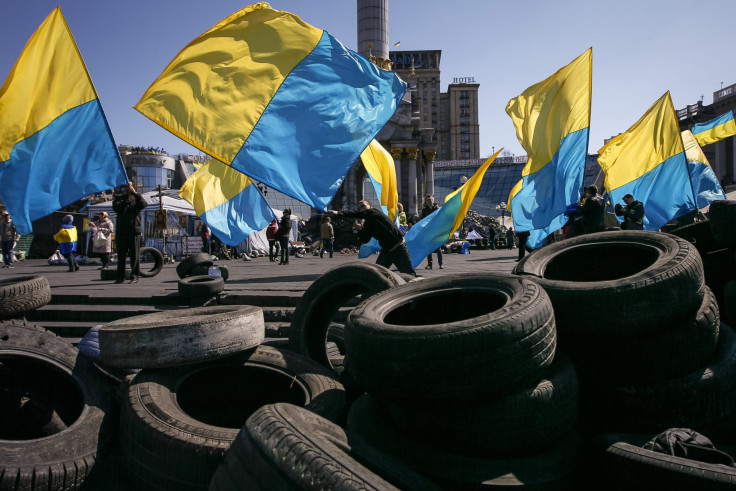Ukraine Euromaidan Investigation 'Lacked Independence': Council Of Europe

An advisory panel of the Council of Europe has alleged that Ukrainian officials’ investigation into the deadly violence that took place during the Euromaidan protests in 2013 was flawed and lacked independence.
A report by the panel, published Tuesday, found that the government’s probes into the violent suppression of protests that killed scores of people "failed to satisfy the requirements of the European Convention of Human Rights.”
The council also found that the investigators “lacked practical independence,” as the authorities essentially investigated themselves in many cases. British lawyer Nicolas Bratza, who led the advisory panel, told reporters on Tuesday: “In particular, the ministry of the interior had been given an investigative role in crimes which had undeniably been committed by law enforcement officers,” the Guardian reported.
The ministry of the interior was also tasked with investigating pro-Yanukovych militia that it had allegedly armed and organized, according to the report.
Poor communication, insufficient personnel, and possible obstruction by authorities were all cited as hindrances into the inquiry into violence between protesters and police that preceded the ouster of former president Viktor Yanukovych. At least 78 protesters and 13 police officers were killed during the clashes.
The report found that almost 1,900 people were hospitalized with injuries as a result of clashes, which saw protesters occupy Kiev’s Independence Square, known as Maidan, in 2013, barricading the area with wooden barriers and stones. Several people were killed by snipers alleged to be linked to Russian security services. Russian media claimed that the snipers were employed by protesters or western agencies in order to incite regime change in Ukraine.
Some of the clashes were also led by violent nationalist elements within the protests, and at least two people were seen firing rifles at police in a major February clash that left 50 protesters and three policemen dead.
A previous probe by Reuters found similar flaws in an investigation into the arrest of a riot police leader who ordered his forces to fire on protesters, as well as three other members of the elite Berkut riot police unit.
The council's investigation also unearthed several factors that made a thorough investigation into the situation difficult. Barricades struck by bullets were removed, documents that implicated security forces went missing and police officers operated anonymously and without identification, the report said.
"There has been a widespread perception of impunity on the part of the law enforcement agencies and of an unwillingness or inability on the part of the investigatory authorities to bring to justice those responsible for the deaths and injuries," the council said, in the report.
© Copyright IBTimes 2025. All rights reserved.





















